Mickey 17 Review: Can we escape Earth?
Bong Joon Ho's sci-fi comedy interrogates the ethics of space colonisation and human cloning
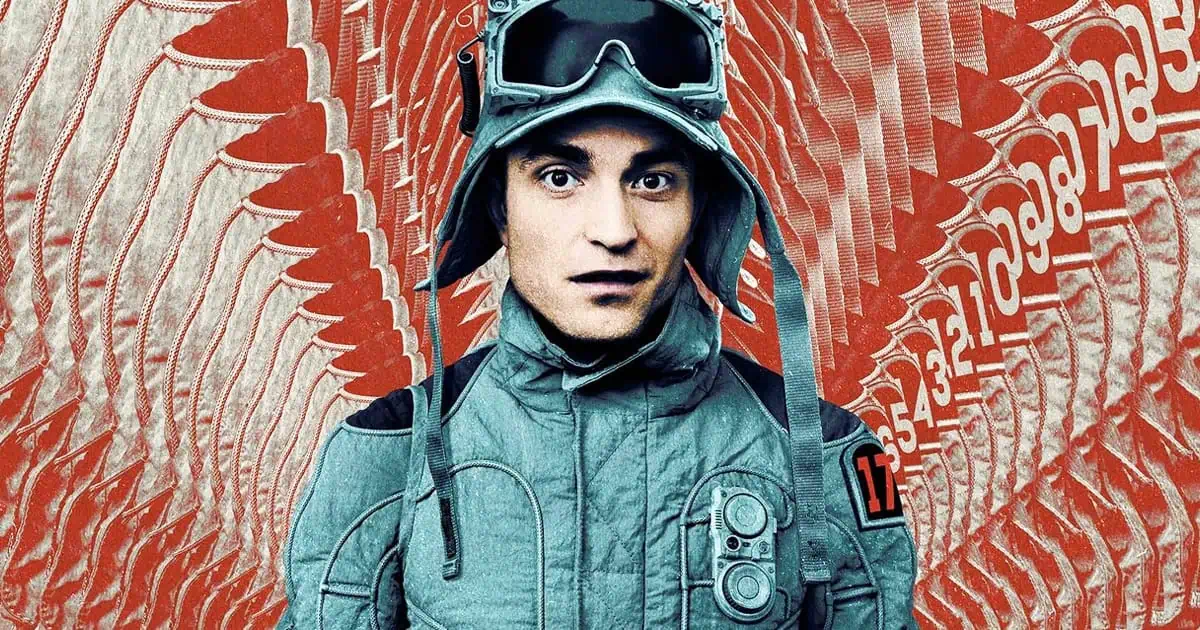
Since the dawn of filmmaking, humans have traversed, explored, and survived outer space on screen. But now that space travel is no longer limited to only the realm of science fiction, the question isn't whether we can do it but rather whether we should be doing it all.
Mickey 17, a science fiction comedy adapted from Edward Ashton's 2022 novel Mickey7, marks Bong Joon Ho's first film since the massive critical and commercial acclaim of Parasite. Set in the year 2054, Mickey 17 is about a man (Robert Pattinson) who escapes his earthly misfortunes by applying to join a space colony on the fictional planet of Nilfheim. But Mickey's ticket to space depends on his practical utility to the colony's mission, so he signs up to be an "Expendable" — a disposable worker.
As our real-life Earth is plummeting towards dystopian levels of environmental destruction, it's reasonable that we've begun to consider where the human species might seek refuge when we don't have a habitable home on Earth anymore. In this sense, Mickey 17 joins stories like Hulu's 2025 show Paradise in probing into this concern.
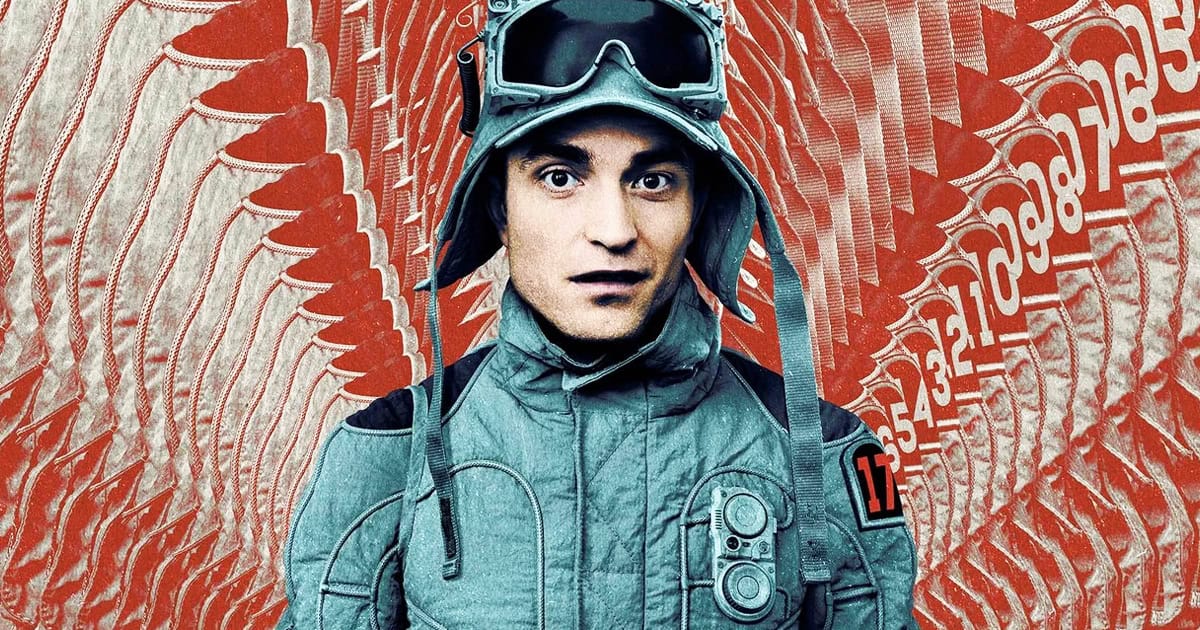
Bong's film is an amalgamation of themes that have become terrifyingly relevant to today's technological advancements. The movie speaks to dehumanisation through cloning, political power being held by the elite few, and human interference on other planets. But unlike prior films that rely on the entertainment value of these subjects, Edge of Tomorrow (2014) and The Martian (2015) come to mind, Mickey 17 addresses the ethical concerns that arise from them.
While recounting the backstory of human cloning in the film, Mickey says that "everyone was stumped", even the police, lawyers, and philosophers. This poses the question: Who is going to be responsible for regulating unprecedented technological developments that will inevitably disrupt our understanding of human morality? Mickey 17 goes on to ask whether it's justifiable to "dispose" of a human if it will lead to humanity's progression. And how does this change when there's the possibility of re-printing that same human an infinite number of times? In this way, we're made to wonder what behaviours and actions become excusable when they are no longer governed by Earthly society and laws.
Mickey 17's moral interrogations are reminiscent of conversations around space colonisation, particularly from British philosopher A. C. Grayling. In discussions about his 2024 book Who Owns the Moon, Grayling draws attention to the fact that there are no formal rules or laws for managing how humans engage with the moon and, by extension, the solar system. He argues that "whoever owns the moon, owns the future", with that ownership likely ending up in the hands of wealthy individuals and private enterprises looking to exploit outer space for profit.
Although not depicting class warfare as explicitly as Parasite, Mickey 17 does exist in the kind of extraterrestrial reality that Grayling's speculations point to. In the film, the elite — represented by Mark Ruffalo as ex-congressman Kenneth Marshall — use the working class to leverage control over an "ungoverned" (in the eyes of humans) land. "Propagate the species," Marshall declares, "we shall infest the land!" Here, even in a message of propaganda, humans are positioned as an invasive alien species ready to take down anything that stands in their way of survival.
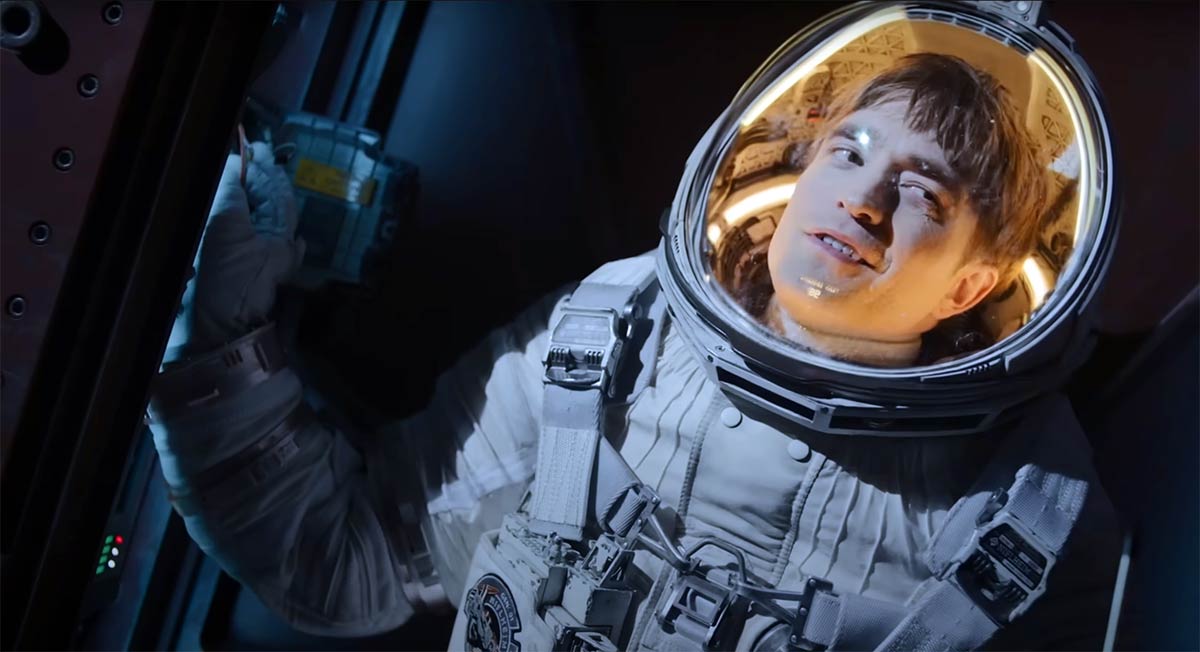
Within its vast breadth of philosophical considerations around human cloning and space colonisation, Mickey 17 does lose momentum at its halfway point. The novelty of the world we're brought into wears off as the story pivots between thematic focuses every few scenes. The movie's final objective — to interrogate the relationship between humans and Nilfheim's native creatures — is impactful in its commentary about our responsibility to life beyond Earth, but it's a conclusion that comes out of left field in relation to the rest of the movie. However, it's in Pattinson's portrayal of Mickey's development from bumbling subordinate to decisive hero that the film maintains intrigue.
Despite its ambiguous priorities, Mickey 17 illustrates the value of fictional stories, no matter how far-fetched they seem on the surface. Stories like this become philosophical thought experiments, throwing us into alternate versions of our reality and inviting us to wrestle with their implications.


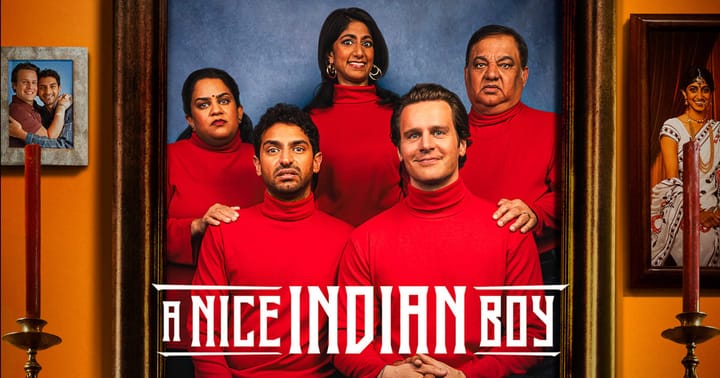
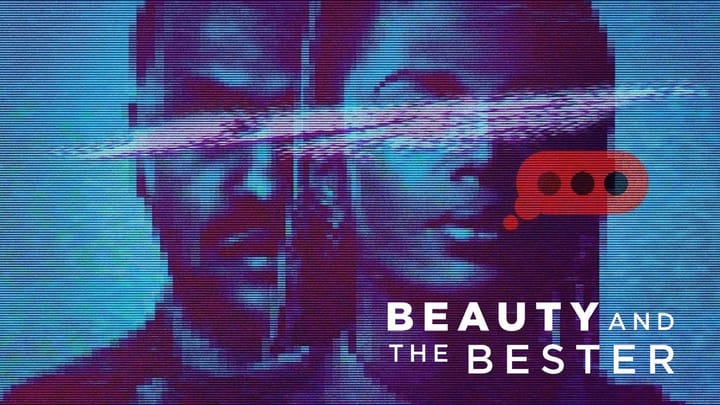

Comments ()